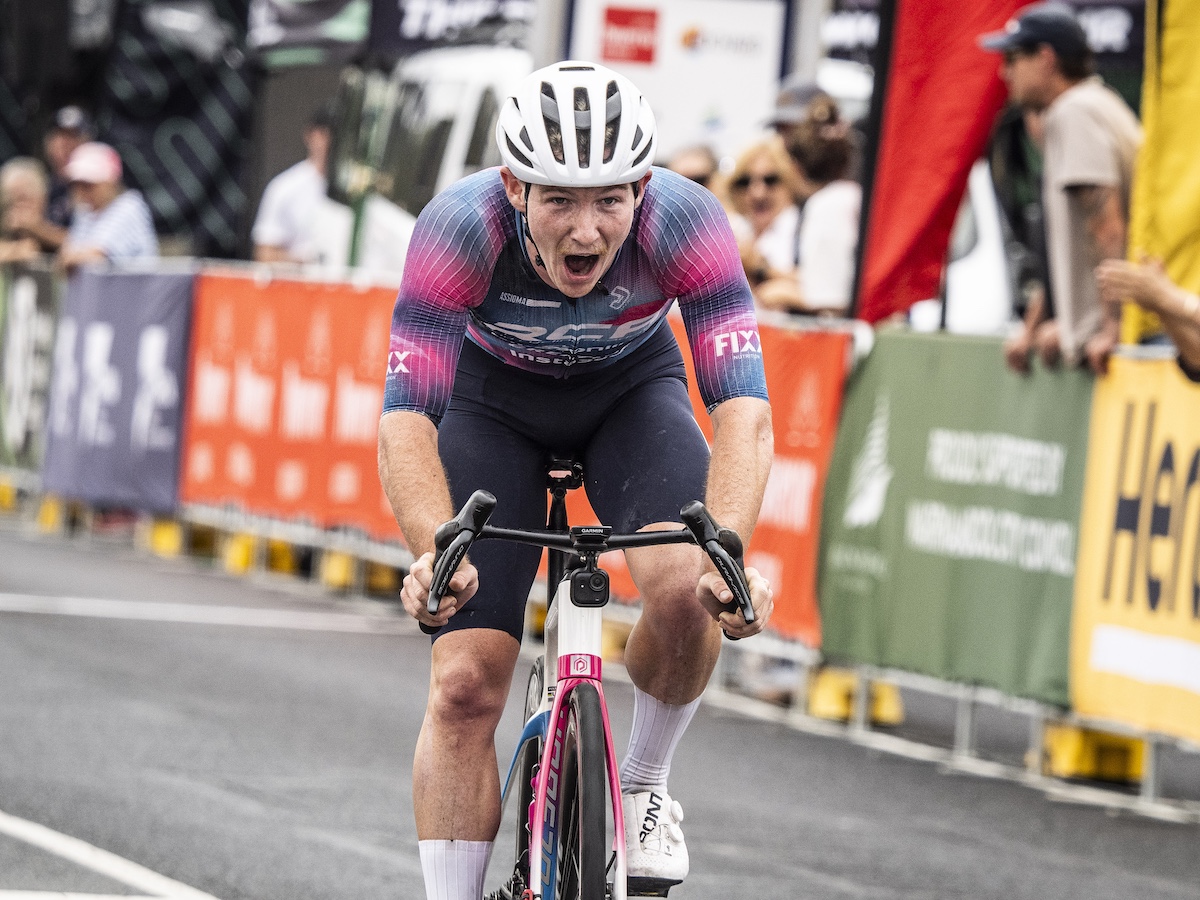Women's Tour de France 'sooner rather than later' say ASO
Pressure on cycling's leading race promoter to end use of podium girls
The latest race content, interviews, features, reviews and expert buying guides, direct to your inbox!
You are now subscribed
Your newsletter sign-up was successful
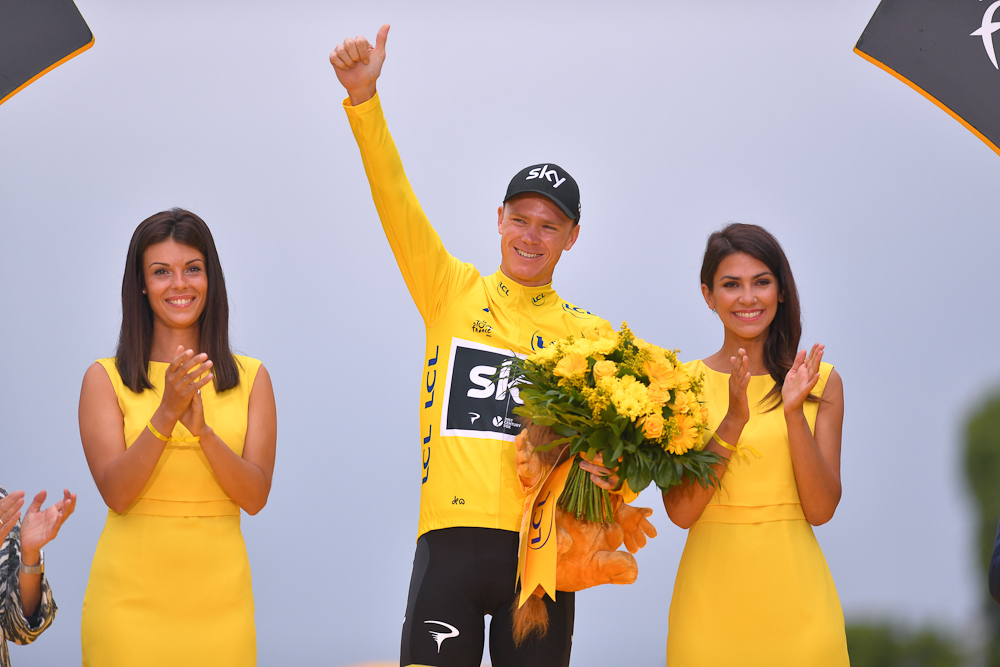
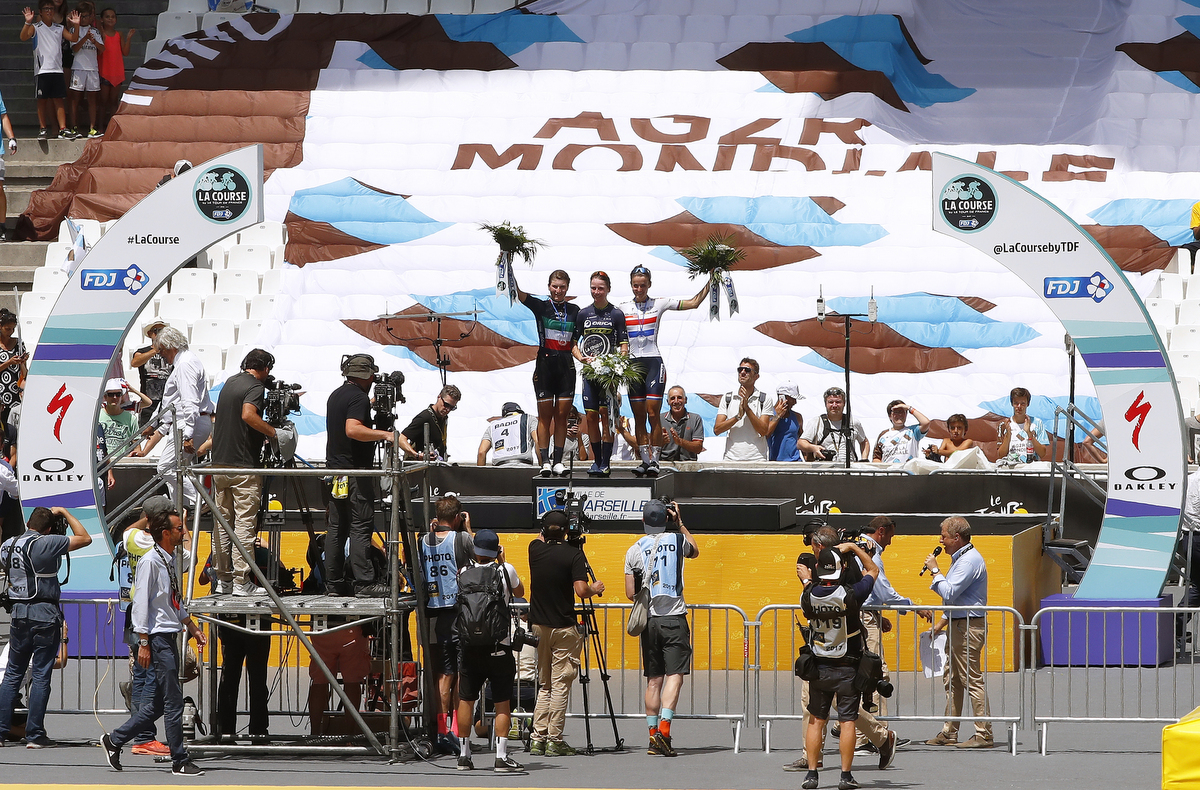
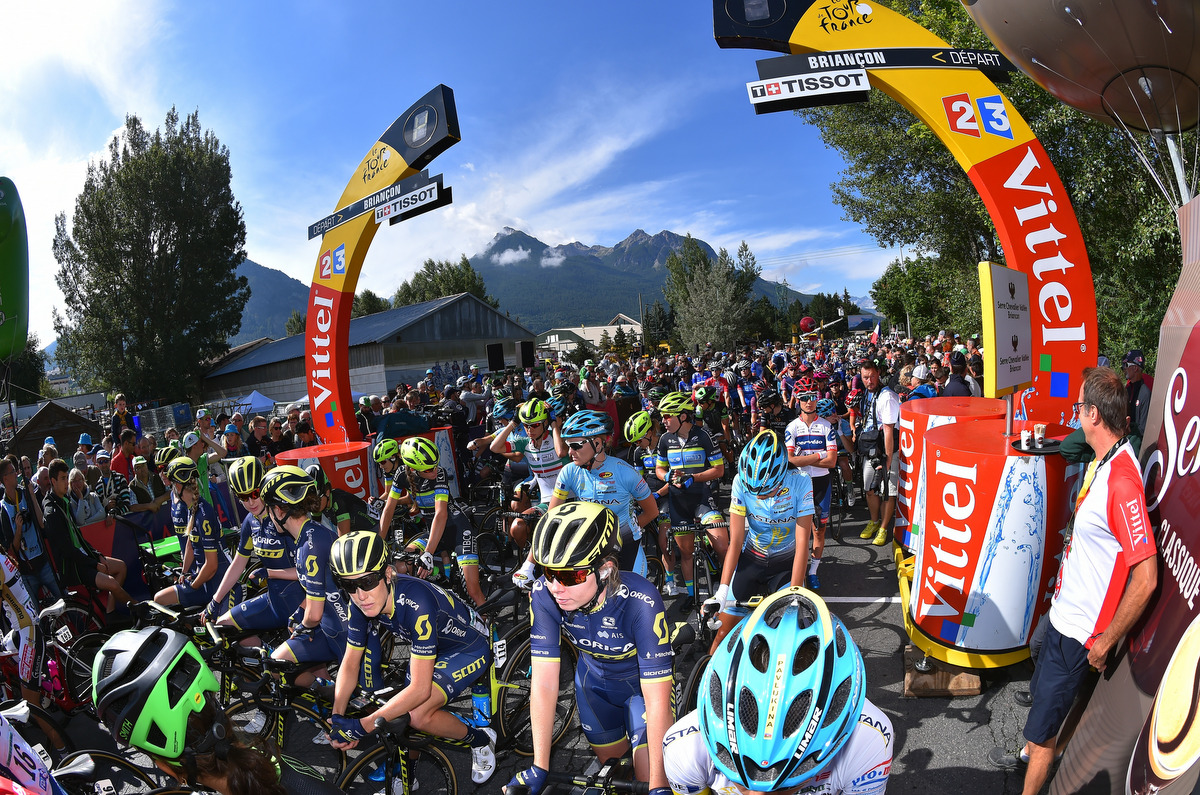
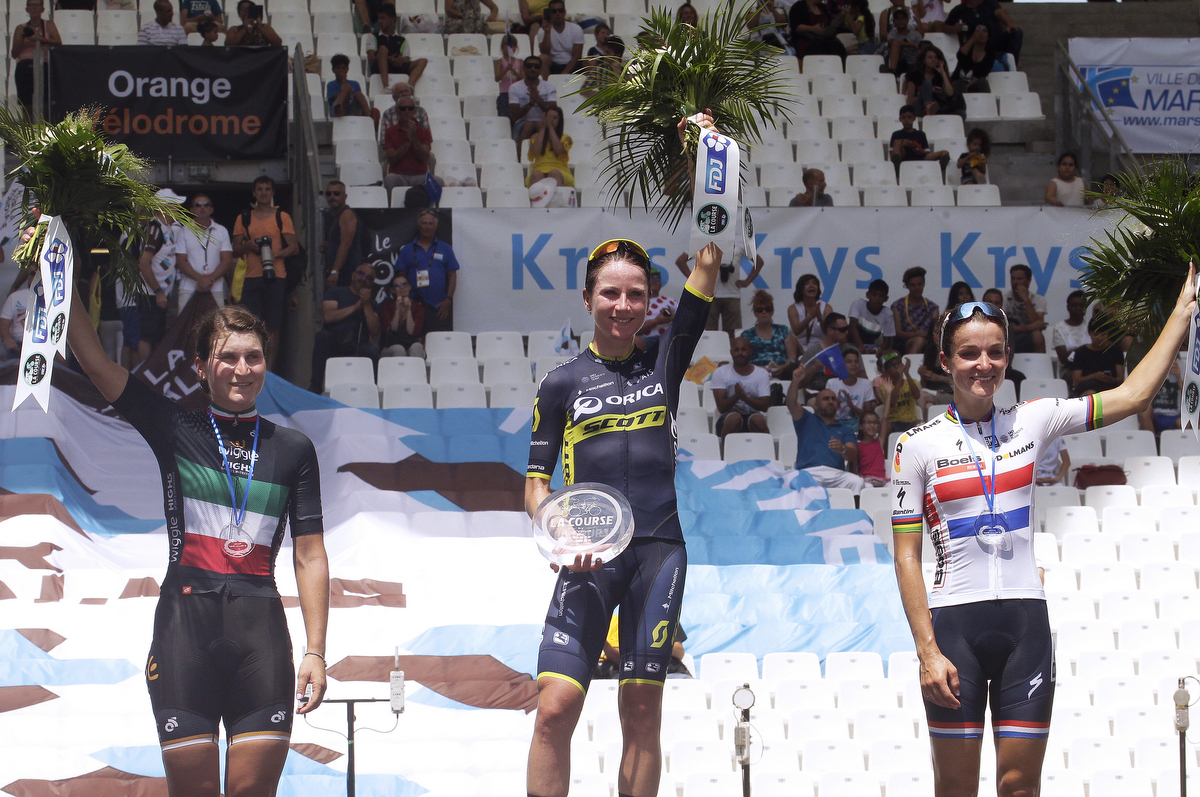

The long-awaited decision by Tour de France organisers, ASO, to dispense with podium girls was expected even before the women's race, La Course, was first added to the Tour's programme in 2014. With Grand Prix racing and other sports having already abandoned the antiquated practice of having 'hostesses' working on their events, the pressure on cycling's leading race promoter to follow suit has intensified.
But there have been other motors fuelling this growing awareness of gender bias and discrimination. The 'me too' campaign highlighting the objectification of women, the increasing commercial appeal of women's racing, and newly elected UCI President David Lappartient's ambition to see a women's Tour de France revived and in place within his four-year tenure, have also accelerated the process.
ASO Chief Executive Officer, Yann Le Moenner, told Cyclingnews that a stand-alone women's Tour de France is now almost inevitable.
"The [profile of] women's racing is becoming so high, that the sport will definitely deserve a dedicated women's Tour, with a lot of media attention," Le Moenner said at the recent Tour of Oman.
"Logistically, it's just not possible to do a women's Tour running alongside the men's Tour," he added. "Doing it on the same day? Don't even think about it!
"It's not that we don't want to do it, but it simply doesn't work. The cycling media would have to be in two places at the same time so as a showcase for women's racing, it doesn't work. Yes, you can do it for one or two stages each year, like we do with La Course, but that also depends on the route.
"If you do the women's race the following day or a day ahead, again it's a problem for the media because they have to cover both races. It's not possible. So we need to work on the best solution to showcase women's cycling, and the sooner the better."
The latest race content, interviews, features, reviews and expert buying guides, direct to your inbox!
As professional cycling's biggest promoter, Le Moenner was keen to point to the effort ASO already makes to promote women's racing.
"ASO has always been a key supporter of women's cycling. First there was Flèche Wallonne, then Qatar, La Course, the Madrid Challenge and also the very first women's Liège-Bastogne-Liège. We are always planning to take the biggest events we have and to try to organise a women's race within those events.
But like Lappartient, Le Moenner believes that women's racing needs to focus on quality, not quantity.
"The women's cycling calendar is always a huge calendar, full of events. There are already lots of races but they don't get the media exposure," he said.
"But maybe it's too many races, because we need the media. We need to showcase and report those events and this is really key. So the way we see the pinnacle events, the Tour, the Vuelta, Liège-Bastogne-Liège, is to give a chance to women to showcase their talents. That's where we are at the moment.
"The problem is the business model. We have to look at how we build for a week, two weeks, or three weeks, to ensure it is attractive for the fans, for the media, the public. I've no clue when the dates would work best, but I'm sure it will be a process we — ASO, the UCI, the teams — will all need to work on together."
